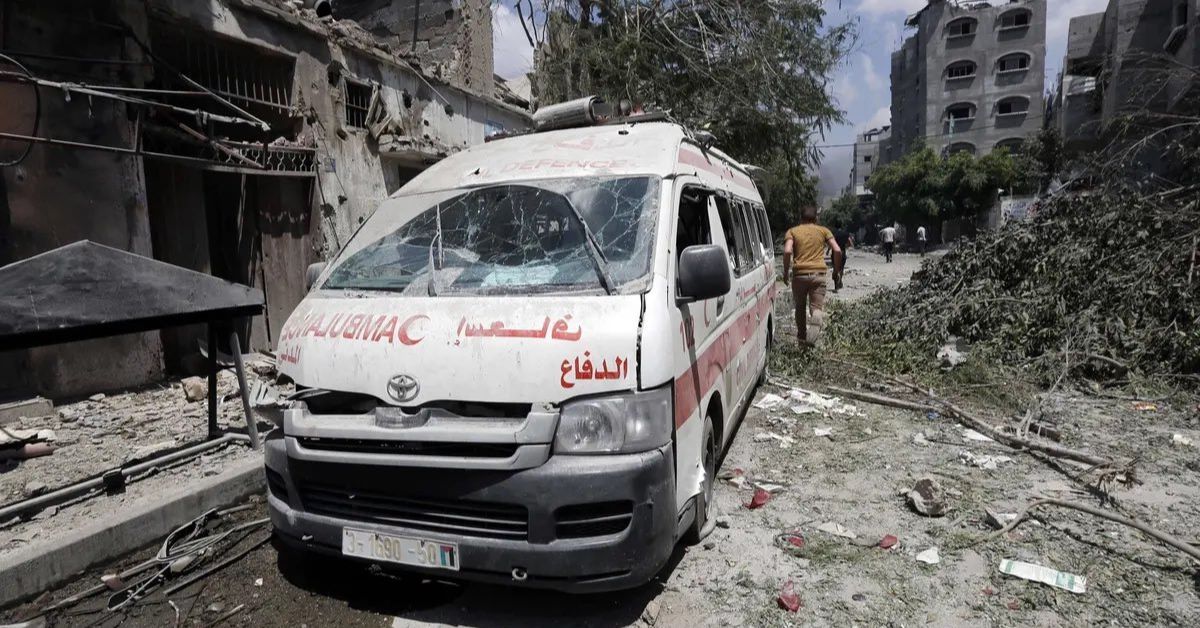London, United Kingdom — Fitch Ratings has placed Israel’s Long-Term Foreign- and Local-Currency Issuer Default Ratings (IDR) of ‘A+’ on Rating Watch Negative (RWN).
This decision also extends to Israel’s Short-Term Foreign- and Local-Currency IDRs of ‘F1+’ and the issue ratings of ‘A+’ on the nation’s long-term foreign currency senior unsecured bonds.
The RWN placement is primarily driven by the escalating geopolitical risks surrounding Israel. There’s a growing concern that the current conflict might expand, leading to large scale military confrontations with multiple entities, potentially including Hizbollah, other regional similar factions, and Iran. Such an escalation could severely impact Israel’s credit metrics due to increased military spending, infrastructure damage, and a shift in consumer and investment sentiment.
Fitch Ratings believes that Israel’s robust economy, history of resilience to regional conflicts, preparedness for military confrontations, and solid fiscal metrics make it unlikely for a short-term conflict, especially one confined to Gaza, to affect its credit rating.
The possibility of other hostile actors, such as Iran and Hizbollah, joining the conflict has significantly increased. This assessment is based on the recent fire exchanges on the Israel-Lebanon border and statements from top officials in Iran and Hizbollah. However, the repercussions of such an escalation would be substantial for both Iran and Hizbollah, a sentiment echoed by warnings from the US and Israel.
Fitch Ratings suggests that a major escalation could lead to a negative rating action for Israel. This could manifest as a prolonged conflict, resulting in sustained fiscal challenges due to increased expenditures, reduced tax collections, loss of human and material capital, and significant economic disruptions.
Israel’s ESG Relevance Score (RS) stands at ‘5’ for Political Stability and Rights and ‘5[+]’ for Rule of Law, Institutional and Regulatory Quality, and Control of Corruption. These scores highlight Israel’s strong institutional capacity, effective rule of law, and low corruption levels. “However, they also point to the nation’s unstable governments and challenging external and security environment,” said Fitch Ratings in its report.
Gaza conflict: Fitch places Israel’s IDR on rating watch negative

- Fitch fears escalation could severely impact Israel's credit metrics due to increased military spending, infrastructure damage, and a shift in consumer and investment sentiment.
- Fitch suggests that a major escalation could lead to a negative rating action for Israel. This could manifest as a prolonged conflict, resulting in sustained fiscal challenges.







